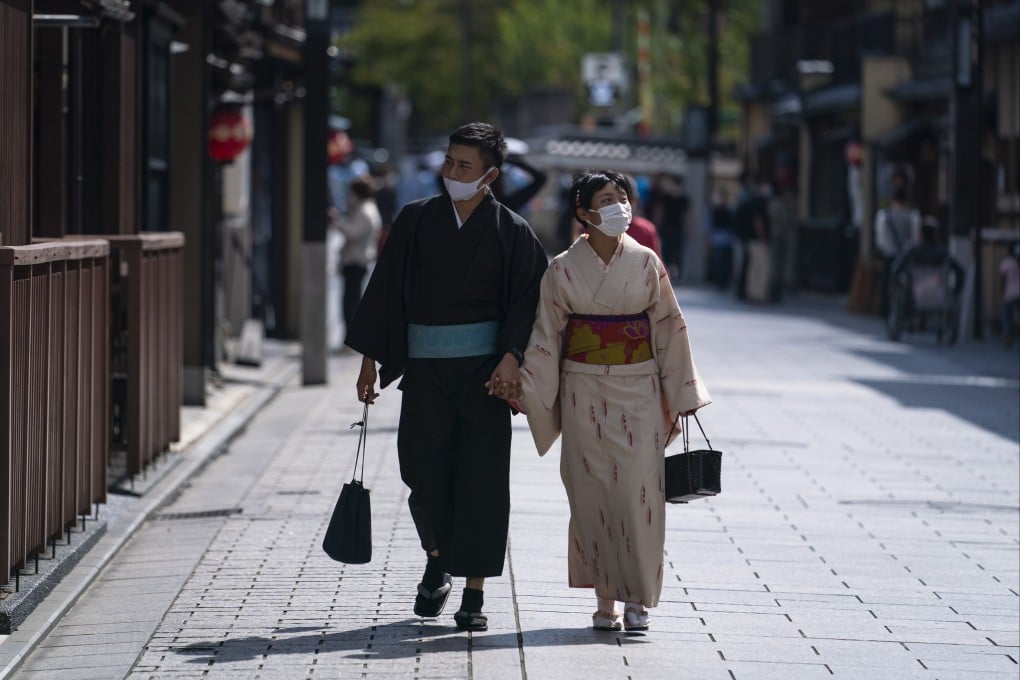It’s the cost that counts: more Japanese men ‘fed up’ with splurging for obligatory White Day gifts
- Consumer disenchantment over ‘manufactured’ occasions designed to encourage spending and rising cost of chocolates and treats are putting people off gift-buying
- Some Japanese men say White Day is just a marketing campaign and prefer to save the money for other things, while others find it an old-fashioned concept

Like an increasing number of Japanese men, Ken Kato will not be shelling out for chocolates, a bottle of nice wine or a meal out with his wife for “White Day” on Thursday. Kato says he is tired of “manufactured” occasions designed to guilt people into buying gifts.
And he says none are more artificial than White Day, a sort of sequel to Valentine’s Day that has been an annual rite in Japan since its invention by confectionery makers four decades ago but is increasingly falling out of favour due to consumer disenchantment.
“I’m fed up with being told that I need to buy chocolates or something else for my wife for a made-up celebration that really is just a marketing campaign,” said Kato, a 54-year-old businessman from Tokyo.

“White Day was only dreamed up in the 1970s and it has absolutely no basis in tradition or a religious celebration,” he said. “It is solely designed to force people to spend more money.”
A backlash against White Day has been apparent for some years, according to the Japan Anniversary Association, with spending on gifts peaking at 73 billion yen (US$495 million) in 2014 but falling to a paltry 24 billion yen in 2021. Accurate figures are difficult to ascertain more recently because of the pandemic, but the association anticipates that spending will slip again this year.
March 14 was originally declared to be marshmallow day in 1977 as part of a promotional campaign by a confectionery company in southern Japan’s Fukuoka.
Impressed by the success of the campaign, the National Confectionery Industry Association the following year announced that every March 14 would now be known as White Day and would be the opportunity for men who receive sweets, cakes or other gifts from their wives, girlfriends or female staff at work on Valentine’s Day to reciprocate the gesture.

